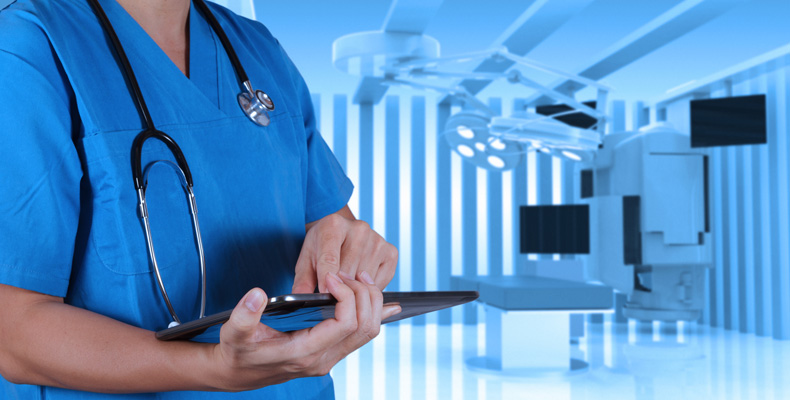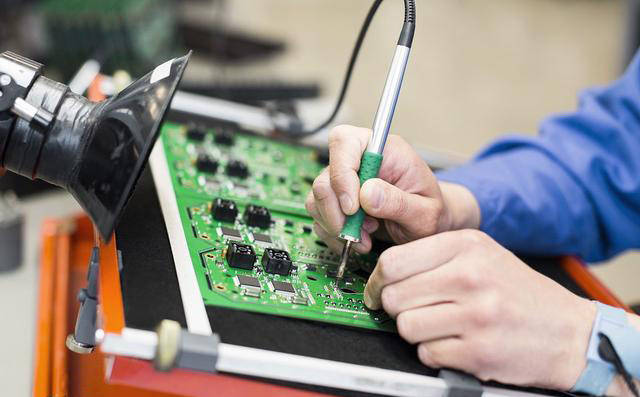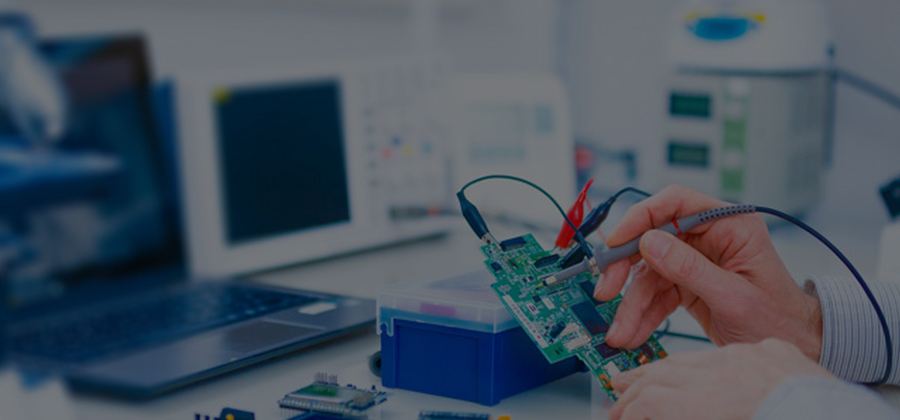PCBs have several important applications in the medical industry. Some of the key areas where medical PCBs are used include:

1. Medical Equipment: medical PCBs play a vital role in various medical devices and equipment such as ultrasound machines, X-ray systems, CT scanners, MRI machines, patient monitoring systems, and infusion pumps. Medical PCB assembly enable the proper functioning of these devices by providing a compact and reliable platform for integrating electronic components.
2. Implantable Devices: medical PCBAs are utilized in implantable devices like pacemakers, defibrillators, neural stimulators, and cochlear implants. These devices require high-density circuitry and miniaturization, which can be achieved through PCB assembly technology.
3. Diagnostic Instruments: PCBs are integral to diagnostic instruments used in medical laboratories, including DNA analyzers, blood analyzers, and chemical analyzers. These devices rely on precise measurements and control, which are facilitated by medical PCBs with accurate signal routing and placement of sensitive components.
4. Imaging Systems: Modern medical imaging systems such as digital radiography, computed tomography (CT), magnetic resonance imaging (MRI), and ultrasound machines utilize advanced medical PCB assembly. Medical PCBs are essential for capturing, processing, and transmitting image data effectively.
5. Wearable Health Monitoring: In recent years, wearable devices have gained popularity for tracking vital signs, monitoring fitness levels, and managing chronic conditions. Medical PCBs provide the necessary connectivity, power management, and sensor integration for these wearable health monitoring devices.
6. Telemedicine and Remote Monitoring: PCBs are involved in telemedicine systems that facilitate remote consultations between patients and healthcare professionals. Additionally, PCB-based monitoring devices allow remote tracking of patients' health conditions, enabling timely interventions.
7. Laboratory Automation: PCBs are used in laboratory automation systems, helping with tasks such as sample handling, liquid dispensing, centrifugation, and mixing. These medical pcb assembly automated systems improve accuracy, efficiency, and reproducibility in medical research and diagnostics.

In the medical industry, PCBs have specific requirements due to the critical nature of healthcare applications. Here are some key requests for medical PCB and medical PCBA:
Reliability: Medical devices often operate in life-critical situations, so for medical PCBs must be highly reliable and durable. They need to withstand continuous operation, environmental stresses, and potential sterilization processes.
Compact Size: Many medical devices require miniaturized PCB assembly board to fit within smaller form factors. Space constraints are common in wearable devices, implantable devices, and portable diagnostic equipment.
High Density: Medical devices often incorporate numerous electronic components, sensors, and connectors on a single PCB. High-density interconnect (HDI) technology is frequently utilized to achieve compact designs with smaller vias, fine traces, and multiple layers.
Signal Integrity: Accurate signal transmission and minimal noise interference are crucial in medical devices, especially imaging systems and diagnostics. Medical PCB design must emphasize controlled impedance, proper grounding, and signal integrity considerations.
EMI/RFI Shielding: Electromagnetic interference (EMI) and radio frequency interference (RFI) can disrupt the functioning of sensitive medical equipment. Shielding strategies, such as grounded planes, shielding enclosures, and appropriate component placement, are necessary to minimize EMI/RFI effects.
Sterilizability: Some medical devices and equipment require sterilization, either through autoclaving or chemical processes. The medical PCB materials and assembly techniques should be chosen accordingly to withstand these sterilization procedures without compromising functionality.
Compliance with Regulatory Standards: The medical industry is heavily regulated to ensure patient safety. Medical PCBs and the medical PCB assembly boards must comply with standards like ISO 13485, IEC 60601, and FDA regulations. Medical PCB assemblers manufacturers providing the medical industry should demonstrate adherence to these standards.
Longevity and Obsolescence Management: Medical devices typically have long lifecycles, so medical PCBs should be designed to support long-term availability of components. Careful component selection and obsolescence management strategies are vital to ensure ongoing production and servicing of medical devices.

So for the reasons above, medical industry pcb will have a more strict executive standard on its materials,the requirements for medical PCBA are typically more strict and demanding compared to many other industries. This is primarily due to the critical nature of medical applications and the need to prioritize patient safety and well-being. The medical industry is subject to stringent regulations, quality standards, and certifications to ensure the reliability, accuracy, and performance of medical devices.
Topfast PCB is a chinese leading company which has more than 20 years experiences in PCB industry, has more than 200 patented technologies, and applied for a variety of global quality implementation certificates, just to ensure the product quality required by our customers. We have a strict quality control system to meet the product needs of different customers in the medical industry, ensuring that each piece of pcb board is displayed in front of customers in a perfect form. If there’s any medical PCB and Medical PCB assembly quote, please no hesitate to contact us, we’ll reply you within 12 hours.
Address of Plant
PCB Factory:
A1 Building, B Zone, Ditang Industrial Zone, Ditang Road, Shajing Street, Bao'an District, Shenzhen, China
PCBA Factory:
Room 805, Room 806, Room 809, No. 96, Chuangqiang Road, Ningxi Street, Zengcheng District, Guangzhou City, Guangdong Province, P.R. China
Office Address:
Room 805, Room 806, Room 809, No. 96, Chuangqiang Road, Ningxi Street, Zengcheng District, Guangzhou City, Guangdong Province, P.R. China